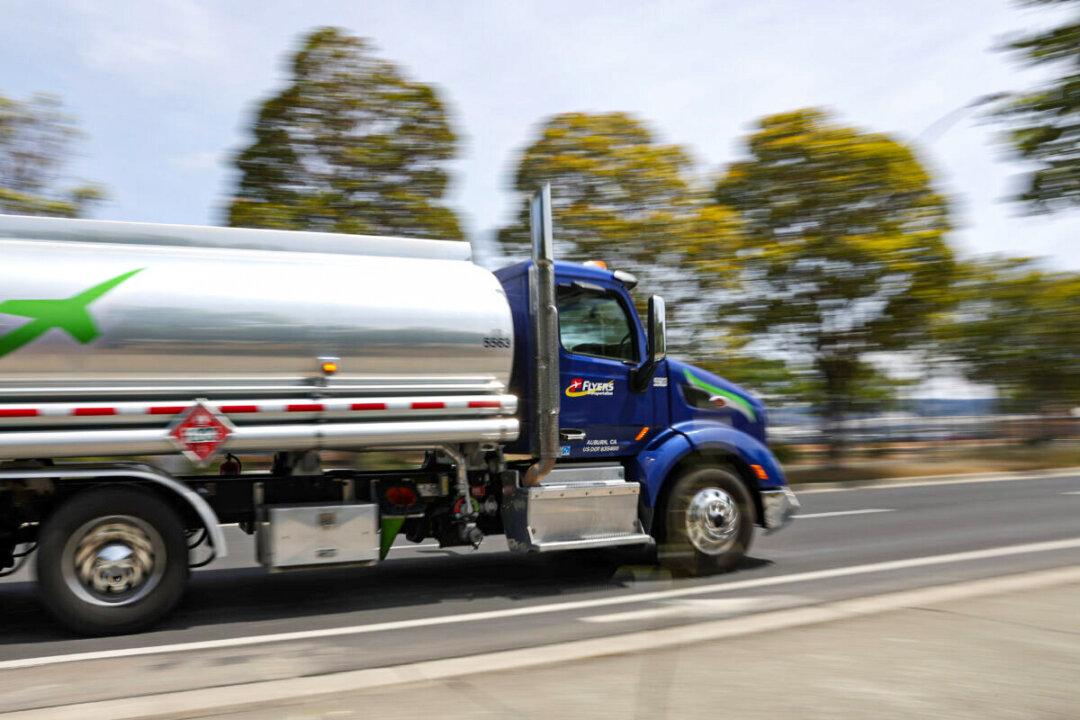Trucking industry insiders and analysts have warned of elevated risk of trouble for the industry in coming months, as low trucking spot rates and diminishing demand for goods lurk on the horizon, boding ill for trucking companies and their employees.
While much of the economy reels from a shortage of labor, the trucking industry is unique in that there is seemingly not enough work available for independent truckers, as the industry appears to maintain a capacity significantly outpacing the present demand.





